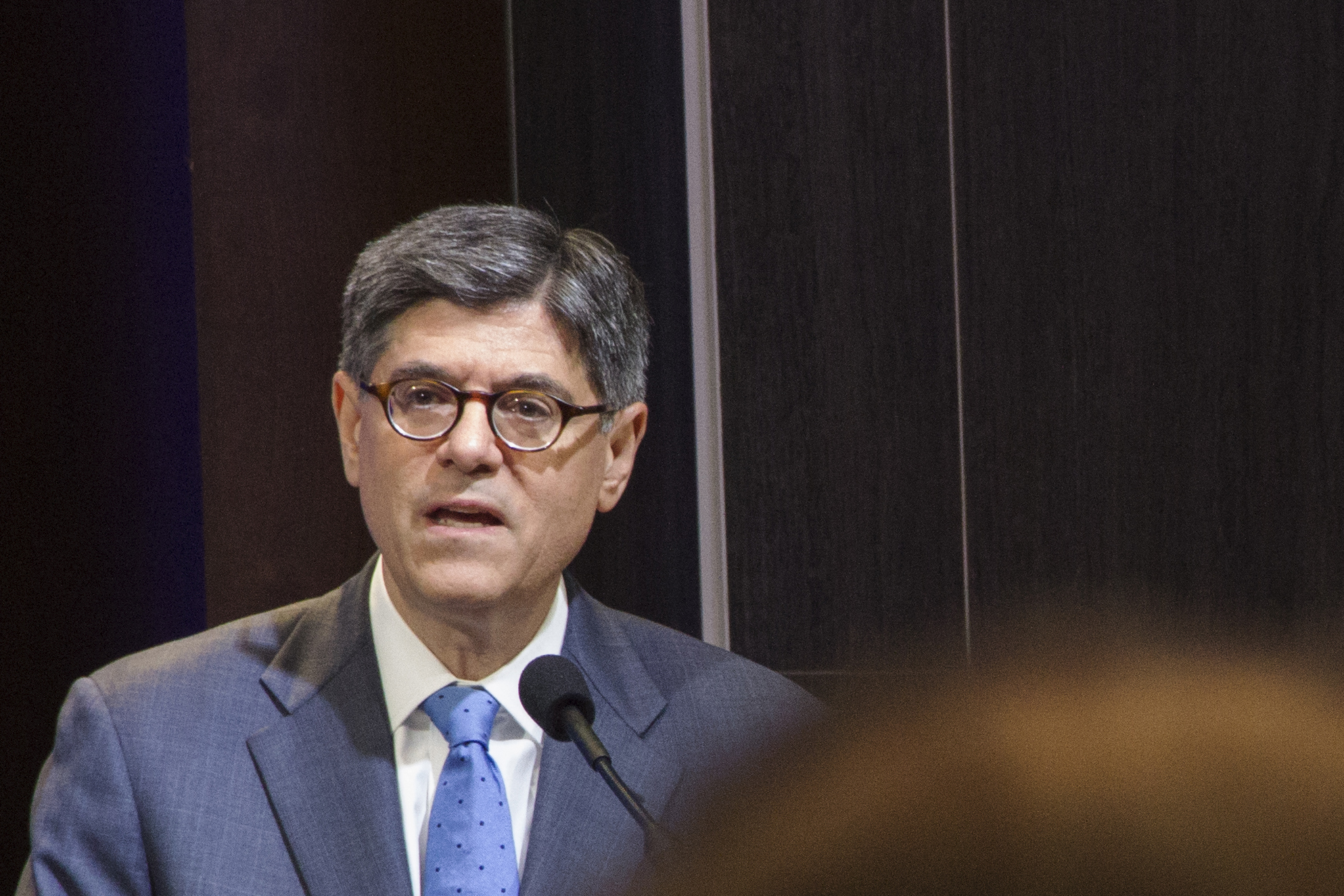WASHINGTON — Treasury Secretary Jacob Lew said Wednesday the meltdown of the Chinese stock market and the slowdown of the huge country’s economy is not an immediate threat to the continued growth of the U.S. economy.
“If you look at China, you have to separate what’s happening in the stock market from the core economy of China,” Lew said at a Brookings Institution speech and question and answer session.
With the lowest growth rate of GDP in six years during the first three months of this year, China’s stock market crash aroused wide concerns. Share prices in Shanghai have lost a third of their value since mid-June.
Some observers said the plunge might have graver implications for the world economy than the Greece financial crisis. However, Lew said he didn’t see any immediate threat to the recovering U.S. economy in either case.
As China still limits the amount of overseas investment, Lew said the country’s markets are pretty much separated from world markets. The big question, for the moment, is what the stock market collapse means to long-term growth in China, he said.
“I would break that into two pieces: One is how do China’s policy makers respond to this [crash]; and what it means in terms of the core condition of the economy?” The slowdown of China’s economic growth is a sign of on-going restructuring, the Treasury secretary said, which hopefully moves China from a highly-centralized industrial economy to more market-oriented one.
“Obviously there are difficult, turbulent moments in markets in lots of economies.” Lew said at the Brookings event. “I hope this [crash] is not something that slows down the pace of reform.”
In Beijing, the Chinese government has taken steps to pull the stock market out of its nosedive, including multiple rate-cuts this year and the suspension of IPOs early this month.
Based on the results of talks with Beijing, Lew expressed confidence in the future of the Chinese economy. The country has outlined a set of policies, which, if implemented, will make the economy “much stronger” in the future, he said.

